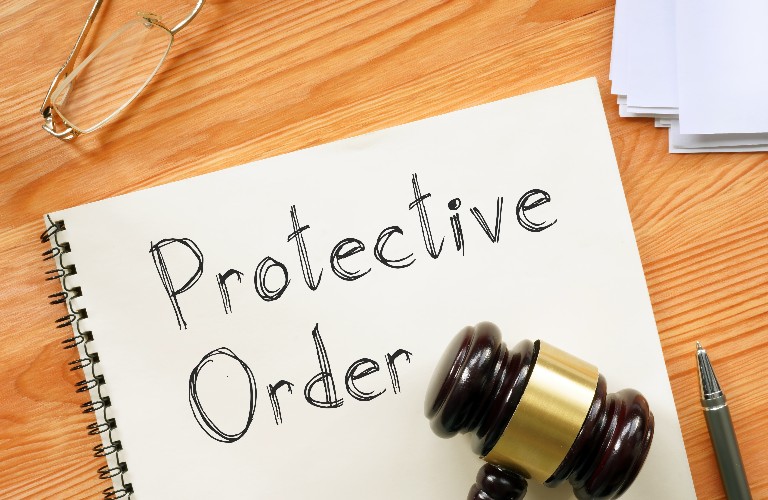Can a Civil Protective Order Be Extended in Iowa?
Civil Protective orders are critical legal tools designed to shield individuals from abuse, harassment, or threats. In Iowa, these orders can offer immediate and long-term protection, but what happens when the original order is about to expire? Can a civil protective order be extended in Iowa? The answer is yes, under certain conditions.
At Family Law Solutions of Iowa, LLC, our experienced protective order attorneys are ready to help. We can help you extend a protection order, file a new one, or assist you in the process however you might need. Learn more by scheduling a consultation with our office.
Understanding Civil Protective Orders in Iowa
A protective order, sometimes referred to as a restraining order, is a civil court order that prohibits an individual (the defendant) from contacting or approaching another person (the petitioner). In Iowa, protective orders are commonly issued in cases involving:
- Domestic abuse
- Sexual abuse
- Elder abuse
These orders can include provisions such as no-contact requirements, removal from a shared residence, and temporary custody arrangements.
Duration of a Civil Protective Order
Under Iowa law, a final domestic abuse protective order typically lasts up to one year. However, the court may issue shorter or longer durations depending on the circumstances. Emergency or temporary (ex parte) orders may be granted before a full hearing and are generally short-term, lasting until the court can hold a hearing on the matter.
Can a Civil Protective Order Be Extended?
Yes. Iowa law allows for the extension of a protective order beyond its original expiration date. According to Iowa Code § 236.5, a protective order may be extended if the court finds that the defendant continues to pose a threat to the safety of the petitioner, their household members, or immediate family.
How to Request an Extension
To extend a protective order, the petitioner must:
- File a petition with the same court that issued the original order.
- Submit the request before the current order expires.
- Attend a hearing, where both parties will have the opportunity to present evidence.
The court will evaluate whether the defendant still poses a credible threat. Evidence such as prior violations of the order, ongoing harassment, or other concerning behavior may support the request for an extension.
What the Court Considers
The judge will consider several factors when deciding whether to extend a protective order, including:
- Any violations of the existing order
- Continued unwanted contact or threats
- The defendant’s criminal history or behavior since the order was issued
- The petitioner’s ongoing fear or safety concerns
Even if there have been no violations, the court may still grant an extension if there is sufficient evidence of a continued threat.
Frequently Asked Questions About Extending Iowa Civil Protection Orders
How Long Can an Extension Last?
Typically, an extension is granted for one additional year, but Iowa law does not limit the number of times a protective order can be extended.
What Happens If the Order Expires?

If a protective order expires without being extended, the legal protections it provided will no longer be in effect. This could leave the petitioner vulnerable to renewed contact or harassment.
Can the Defendant Challenge the Extension?
Yes. The defendant has the right to attend the hearing and present evidence opposing the extension. They may argue that they no longer pose a threat or that circumstances have changed. The court will weigh both sides before making a decision.
Civil Protective Orders Can Be Extended in Iowa
In Iowa, protective orders are not set in stone. They can be modified, dismissed, or extended based on the facts of the case. If you believe you are still at risk when your order is nearing expiration, you have the right to ask the court for continued protection. With proper legal guidance and timely action, you can help ensure your safety and peace of mind.
Our lawyers at Family Law Solutions of Iowa, LLC can assist you with your protective order needs. Contact us today for a consultation regarding your case.


